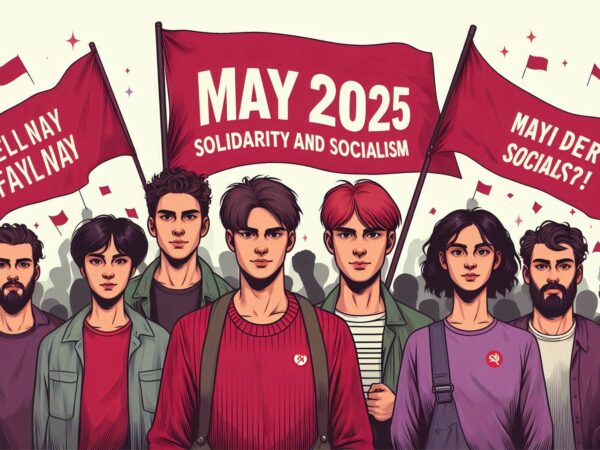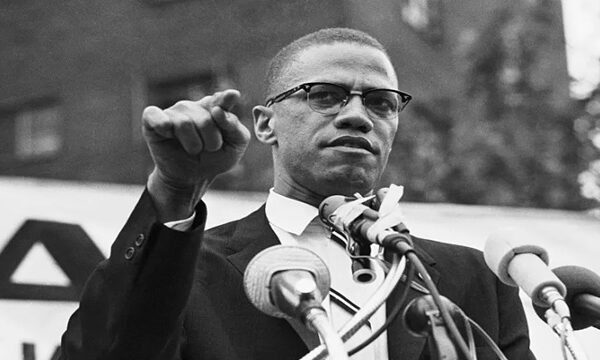
As Trump runs amok, organise to smash toxic capitalism
By PRMI reporters 30 April 2025 May Day 2025 follows the completion of the first 100 days Trump 2.0. It has seen a relentless barrage

By PRMI reporters 30 April 2025 May Day 2025 follows the completion of the first 100 days Trump 2.0. It has seen a relentless barrage

By Drew Frayne, Socialist Party Ireland, 21 February 2025 Sixty years ago el-Hajj Malik el-Shabazz, known to the world as Malcolm X, was murdered. His